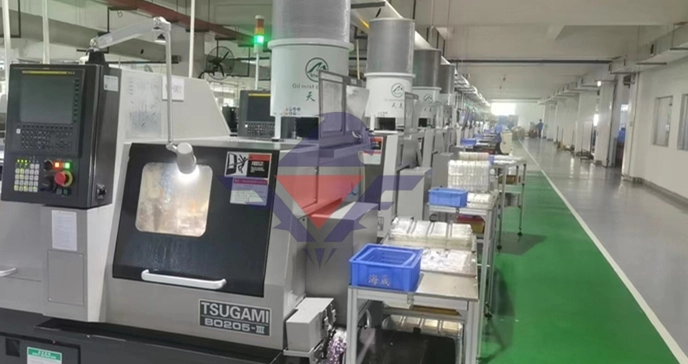
# Swiss Precision: The Art of Machine Shop Excellence
## The Legacy of Swiss Machine Shops
Swiss machine shops have long been synonymous with precision, quality, and innovation in the manufacturing world. Originating from Switzerland’s watchmaking industry, these specialized workshops have perfected the art of creating intricate, high-tolerance components that power industries ranging from medical devices to aerospace.
## What Makes Swiss Machining Unique?
The Swiss machining process stands apart from conventional CNC machining in several key aspects:
– Unparalleled precision with tolerances as tight as ±0.0001 inches
– Specialized sliding headstock lathes that minimize deflection
– Ability to machine long, slender parts with exceptional accuracy
– Simultaneous multi-axis operations for complex geometries
– Superior surface finishes that often eliminate secondary operations
## Industries That Rely on Swiss Precision
Swiss machine shops serve critical roles in numerous high-tech industries:
### Medical Device Manufacturing
From surgical instruments to implantable components, Swiss machining produces the tiny, complex parts that modern medicine depends on.
### Aerospace and Defense
The aerospace industry values Swiss machining for its ability to create lightweight, high-strength components with exacting specifications.
### Electronics and Microtechnology
Connectors, pins, and other miniature electronic components benefit from the Swiss machining process’s precision and repeatability.
## The Swiss Advantage in Modern Manufacturing
Today’s Swiss machine shops combine traditional craftsmanship with cutting-edge technology:
– Advanced CNC Swiss-type lathes with live tooling capabilities
– High-speed machining for improved efficiency
– Automated loading systems for lights-out production
– Integrated quality control with in-process measurement
– CAD/CAM integration for seamless design-to-production workflows
## Choosing the Right Swiss Machine Shop
When selecting a Swiss machining partner, consider these critical factors:
– Experience with your specific industry requirements
– Quality certifications (ISO, AS9100, etc.)
– Material expertise (titanium, plastics, exotic alloys)
– Secondary capabilities (heat treating, plating, assembly)
– Prototyping versus production volume capacity
## The Future of Swiss Machining
Keyword: Swiss Machine Shop
As industries demand ever-smaller, more complex components, Swiss machine shops continue to innovate with:
– Micromachining capabilities for sub-millimeter features
– Hybrid machines combining turning and milling operations
– Smart manufacturing with IoT connectivity
– Sustainable machining practices
– Advanced materials processing techniques
The art of Swiss machining remains at the forefront of precision manufacturing, combining centuries of watchmaking tradition with 21st-century technological advancements to deliver components that power our modern world.
